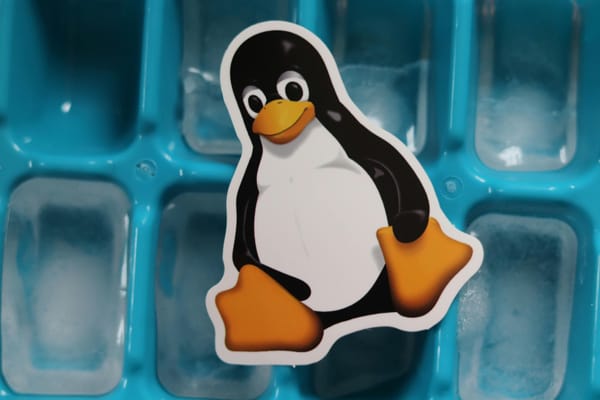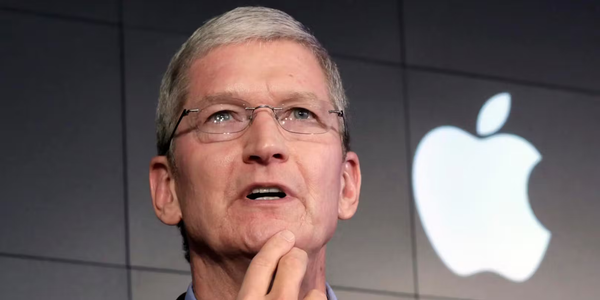Linux: Still Just for Coders? 10 Advantages You're Overlooking



In the desktop OS market dominated by Windows and macOS, "Linux" often remains an unfamiliar and daunting name for many. This is likely due to the old stereotype of it being the exclusive domain of developers typing commands into a black screen. However, in 2025, Linux has evolved to be incredibly user-friendly and possesses powerful advantages that no other OS can match.
I'm Alex, an IT journalist at selectd.tech, and I'm here to share 10 compelling reasons why you might choose Linux over Windows or macOS.
The most significant advantage of Linux is, without a doubt, that it's free. Not only the operating system itself but also most of the essential software within it (office suites, graphics tools, development software, etc.) are often free as well. For individuals, corporations managing hundreds of PCs, or educational institutions with limited budgets, this translates into enormous cost savings. Anyone can freely install and use it without worrying about license fees.
Linux allows you to change almost anything you want. There are dozens of Desktop Environments like GNOME, KDE Plasma, and XFCE, each offering a different design and user experience. You can create "your own OS" by customizing everything from window styles and icons to system behaviors. This is a level of freedom unimaginable in the fixed frameworks of Windows and macOS.
The latest versions of Windows and macOS demand considerable system resources, which can feel sluggish on older computers. Linux, however, can be configured to run very lightly. By choosing a resource-efficient distribution and desktop environment, you can resurrect a computer that's over a decade old for smooth web Browse or document editing. Achieving maximum efficiency with minimal resources is a hidden strength of Linux.
By its nature, Linux is not a primary target for viruses and malware. While this is partly due to its lower desktop market share, it's fundamentally thanks to its Unix-based permission management system. To alter critical parts of the system, a user must provide the administrator (root) password, making it extremely difficult for malware to infect the system without the user's knowledge. Furthermore, due to its open-source nature, security vulnerabilities are quickly patched by the global developer community when discovered.
Did you know that over 70% of the world's web servers run on Linux? This is a testament to Linux's exceptional stability. It is designed to run reliably for years without a reboot. You'll rarely be asked to restart your computer for minor driver updates or program installations. This proven stability, tested in "must-not-fail" environments, provides a smooth and reliable computing experience for everyday desktop users as well.
For developers, Linux is not just an OS; it's the ultimate playground. The terminal (command-line interface) provides a powerful and efficient workspace, and package managers like apt and yum allow you to install almost any necessary development tool or library in seconds with a single command. Since most servers run on Linux, developing on the same OS as the production environment is a massive advantage.
Linux is open-source software, meaning its source code is publicly available. Anyone who wishes can look inside to see how the OS works, modify it, and redistribute it. This also means the future of your computer isn't dictated by the policies or commercial decisions of a single company. This transparency is the foundation of technological freedom and trust.
Linux is not a single, monolithic OS. Based on the Linux kernel (the core system), there are hundreds of "distributions" (or distros), each with a different philosophy and purpose. There are hundreds of choices, from beginner-friendly options like Ubuntu and Linux Mint to cutting-edge distros like Fedora, and highly customizable ones like Arch Linux. The fun of choosing a distro that fits your taste and purpose is a unique experience to Linux.
In Windows, installing a program often requires visiting various developer websites to download installation files. In contrast, Linux typically uses a "Software Center" or "Package Manager," which works like an app store. You can search for the software you want and manage everything from installation to updates and removal with a single click. This centralized and systematic approach to software management is both convenient and secure.
If you run into a problem while using Linux, don't worry. There's a vast and active global community of users. From simple questions to complex technical issues, you can post on online forums and communities where countless experts and experienced users are willing to help. This collective intelligence can often be faster and more powerful than any corporate customer support.
In conclusion, Linux is no longer an OS just for a niche group of enthusiasts or developers. It is a powerful alternative, open to everyone, with compelling attractions in cost, freedom, performance, and security that surpass Windows and macOS in many respects. If your current computer feels slow, or if you're eager to experience a new computing environment, why not knock on the door to the world of Linux today?








